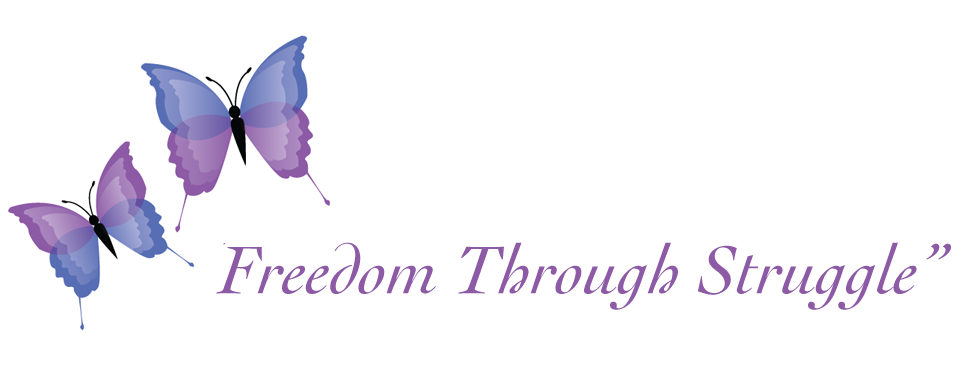Trauma changes us
Where does trauma come from?
Trauma can have many roots – abuse, separation from our parents at an early age, war, losing a child, trying to adjust to our chronic ill health or that of someone close to us, the death by suicide of a loved one – this list is not exhaustive.
Do we minimize our story?
Sometimes we minimize our story – if it was a long time ago we may not even recognise that it has impacted the way that we are in the here and now. If we have been or are being abused we may blame ourselves and wonder what we are/were doing wrong to cause the abuse. We people please to try and stop the abuse. We have a need to be attached but may have difficulty trusting so we work extra hard so as not to be rejected or abandoned. Sometimes we may be hyper-independent giving other people the impression that we don’t need anyone and can do everything on our own. I have noticed in my work as a Counsellor that sometimes when people have been traumatised their story is fragmented – there are gaps where people cannot remember significant things.
What are our significant relationships like?
Do we find that we are not comfortable with having deep relationships – perhaps we feel anxious about really being seen and known by other people. Maybe there is a feeling conscious or unconscious that people may reject us if they really got to know what has happened to us. Often if we have been abused we feel a sense of shame taking responsibility for something which was not our fault.
Do we have a sense of ‘I must be strong/I must not be weak?’
The world values strength and resilience (there is a place for this) but it is important to understand that trauma changes us. We carry many wounds – a lot of them internally. The world wants us to ‘get better quickly’ and return to ‘normal.’ This may cause us to disconnect from ourselves into denial of how we actually are and not understand that trauma changes our nervous system (fight, flight , freeze, fawn, flop) Perhaps we try and override this with the use of alcohol, drugs, unhealthy relationships, busyness or overworking.
Grieving
Trauma is a form of loss – this includes shock, denial, bargaining, depression, anxiety and much more. Our body is also affected – perhaps heart issues, stomach issues, symptoms that don’t have another explanation. When we are under threat our nervous system turns on automatically to try and keep us safe. Whilst this is helpful if we are not soon out of danger our nervous system becomes changed making us hypervigilant or hypo vigilant. We may dissociate or have flashbacks or nightmares.
Is there hope for recovery?
It is vital to understand the impact of trauma (we may need the help of a professional with this). It is not something ‘we move on from.’ If only that were true….Learning how to connect with our wounded selves is really important, to show ourselves compassion and gentleness so that we can gradually begin to heal. Grief is not linear and there is no time limit. Gradually we may build a new and different life but we cannot go back to the way that we were before we experienced trauma. Trying to come to terms with this is complex.
Would you like some professional support?
If you would like to consider some professional support and are in the UK do feel free to contact me via my website www.stellagoddard.com

